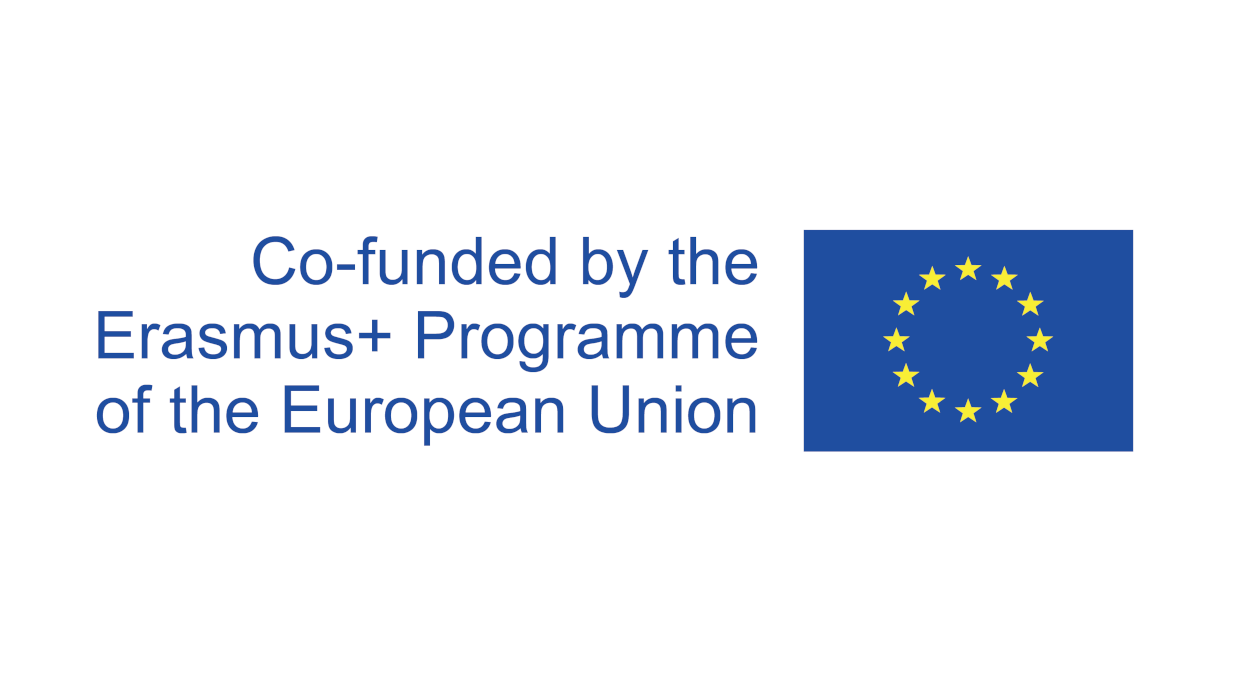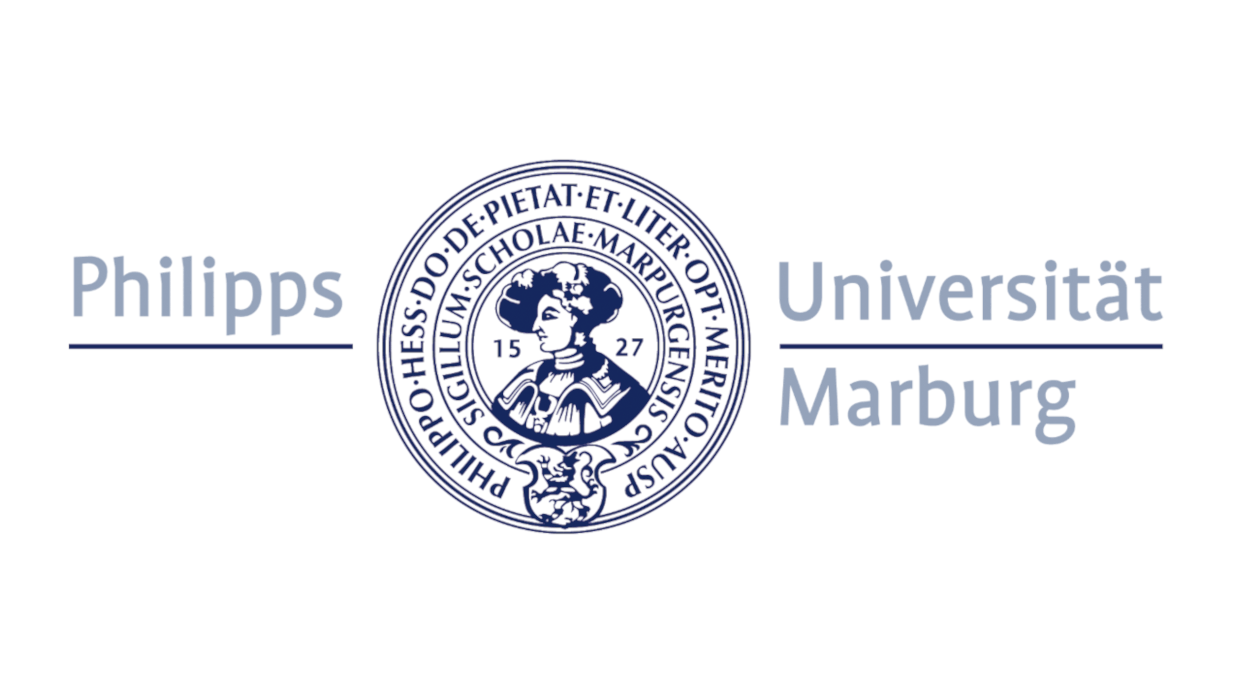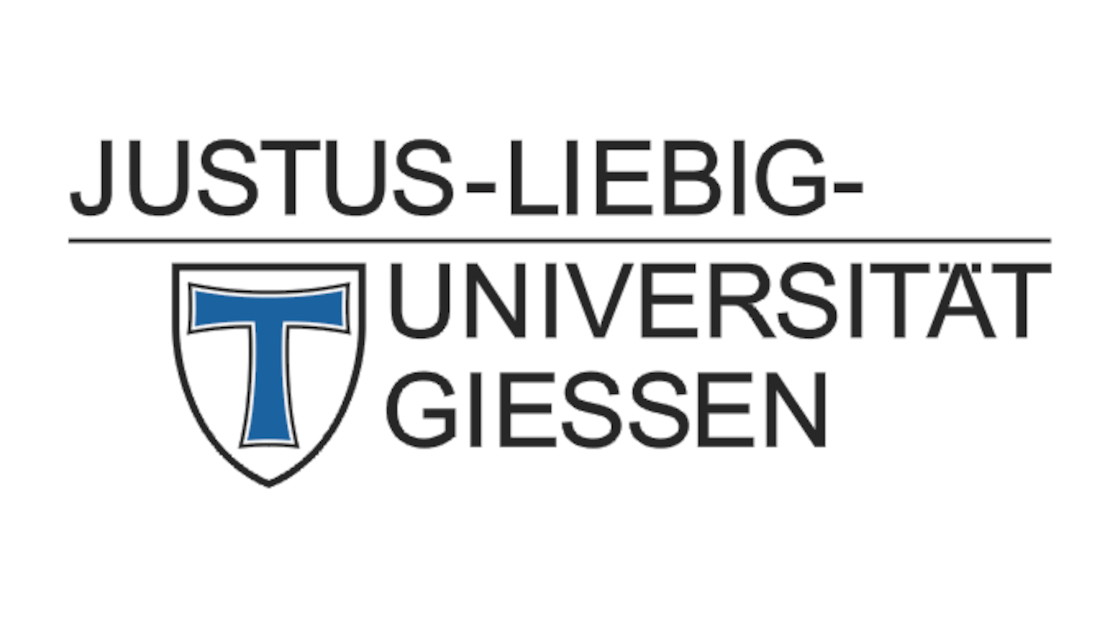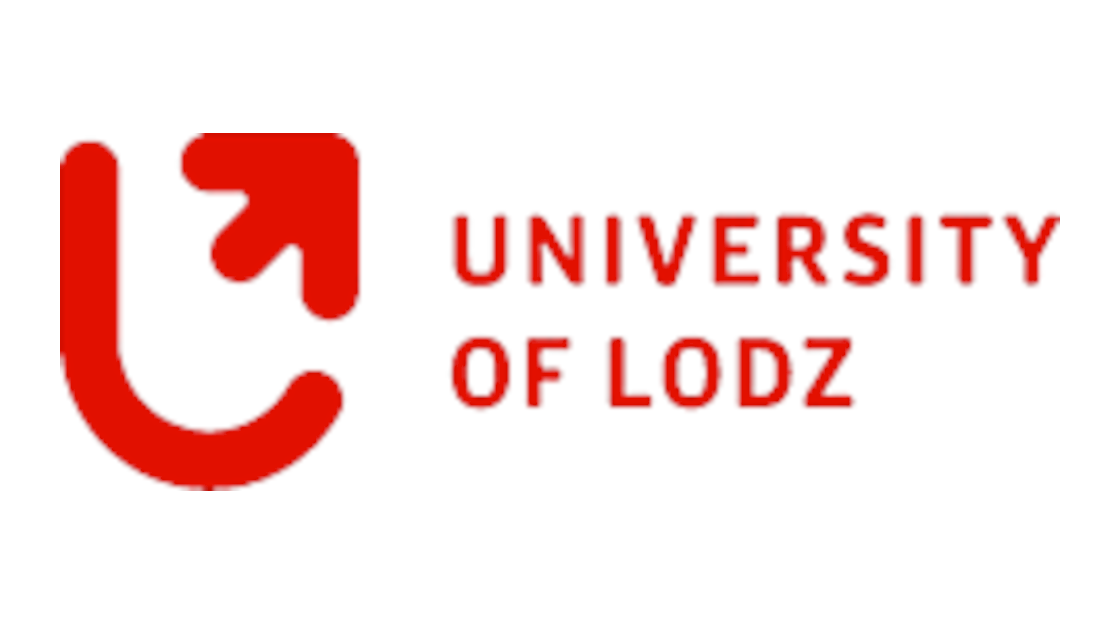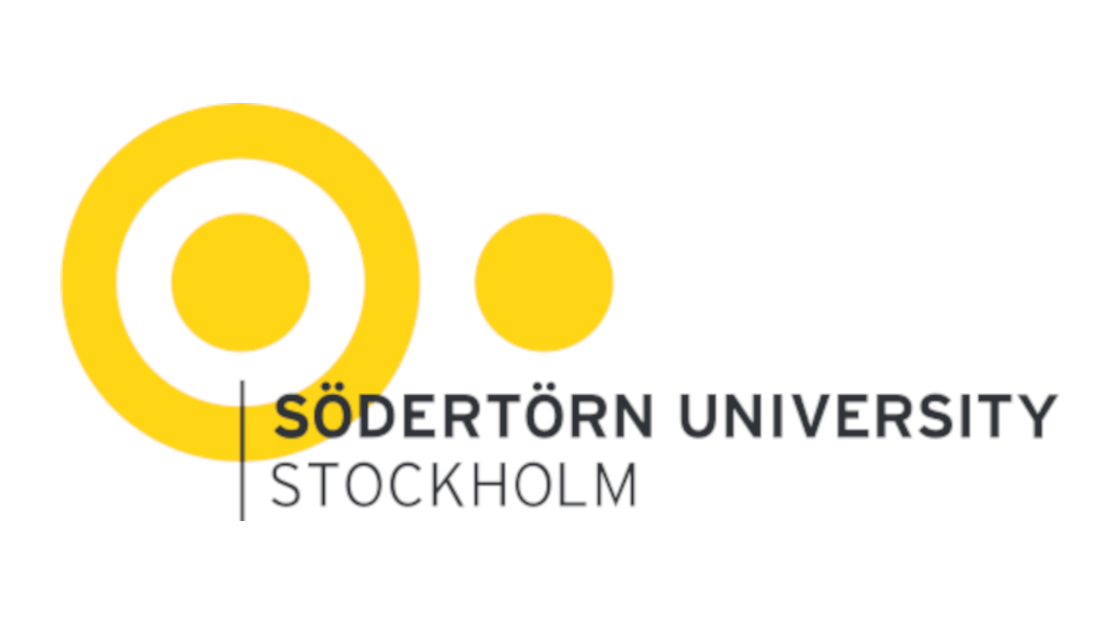Main Content
SHARINPEACE Team
Justus-Liebig-Universität Gießen (Germany)
Inhalt ausklappen Inhalt einklappen Dr. Rosario Figari-Layús
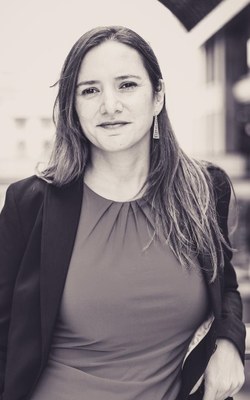
Photo: private Rosario Figari Layús is post-doctoral researcher and lecturer at the Chair of Peace Studies at the Justus-Liebig University of Giessen in Germany. She also collaborates as a researcher with the German-Colombian Peace Institute – Capaz in Colombia. Rosario holds a PhD in Political Science from the Phillips University of Marburg. Previously she earned a Master degree in Social Sciences from Humboldt University of Berlin and a degree in sociology from the University of Buenos Aires. Her areas of work and research focus on human rights protection, academic freedom, political and gender-based violence, transitional justice and peace and conflict studies.
Inhalt ausklappen Inhalt einklappen LL.M. Dima Mahjoub

Photo: private With an experience spanning more than 10 years working in Germany and Syria, Dima Mahjoub provided support as Refugee Practioner to refugees impacted by wars. She also participated in several NGOs/INGOs research projects to help families with adaptation and integration so they can prosper in their new homes. Academically, she holds two Masters of Law (LLM) from Humboldt University of Berlin in Germany and from Manchester University in UK, and an undergraduate Law degree from the University of Damascus, Syria.
As a research scientist at the Chair of Peace Studies at the Justus-Liebig University of Giessen in Germany she is responsible for a research project titled: "Promotion of Research, Teaching and Internationalization of Iraqi Peace and Conflict Research”.Inhalt ausklappen Inhalt einklappen Prof. Dr. Stefan Peters

Photo: Rolf K. Wegst Stefan Peters is the chair for Peace Studies at the JLU Giessen and Academic Director of the Instituto Colombo-Alemán para la Paz. His research and teaching areas encompass Peace and Conflict Studies, Transitional Justice and Memory, Natural Resources and Development, Sustainable Development and Just Transition, Education, Social Inequalities. He earned a Master degree in Political Sciences (Philipps-University Marburg) and holds a PhD in Political Science (University of Kassel). His habilitation in Political Science emphasizes International Relations and Comparative Politics (University of Kassel).
Philipps-Universität Marburg (Germany)
Inhalt ausklappen Inhalt einklappen Yana Alimova
Yana Alimova is a student research assistant for the SHARINPEACE project at the Center for Conflict Studies in Marburg. She is currently studying in the Master program of Peace and Conflict Studies. Within the project she supports the work within the different PRs.
Inhalt ausklappen Inhalt einklappen Prof. Dr. Thorsten Bonacker

Photo: Dr. Kathrin Bonacker Dr. Thorsten Bonacker is professor of peace and conflict studies at the Center for Conflict Studies at the University of Marburg. He is directing two Master programs in peace and conflict studies and serves as the academic collaborator in a project on „Southeast Asian University Partnership for Peacebuilding and Conflict Transformation“ conducted by the German Civil Peace Service in collaboration with universities in Cambodia, Timor Leste and the Philippines. He has extensive experience in the development of curricula and in interdisciplinary teaching. His research interests include post-conflict and postcolonial state building, reparation politics in transitional justice and conflict theory.
Inhalt ausklappen Inhalt einklappen Thora Pindus
Thora Pindus is a student research assistant for the SHARINPEACE project at the Center for Conflict Studies in Marburg. She is currently studying in the Master program of Peace and Conflict Studies. Within the project she supports the work within the different PRs.
Inhalt ausklappen Inhalt einklappen Dr. Stéphane Voell
Dr. Stéphane Voell is coordinator of the Center for Conflict Studies at the University of Marburg. He is anthropologist and his regional research interests include the Caucasus and the postsocialist space. He researches on ethnicity and identity politics, religion, traditional law, conflict and post-socialist processes. Voell is active in curriculum development and university didactics and conducts summer schools on dialogue and conflict prevention in the South Caucasus.
Södertörns Högskola (Sweden)
Inhalt ausklappen Inhalt einklappen Dr. Johanna Mannergren Selimovic

Photo: private Johanna Mannergren Selimovic is Associate Professor in Peace and Development Research and Senior Lecturer at Södertörn University. She researches post-war peace processes with a focus on transitional justice, reconciliation and memory politics. The Women, Peace and Security agenda is another key interest. She participates in several research projects that address issues related to memory politics of peace, cultural heritage of war, and dynamics of divided cities. For these projects, she conducted ethnographic studies in Bosnia-Herzegovina, Rwanda, Jerusalem and Brussels. Her research has been published in leading international journals and she regularly participates in the Swedish media, as a writer and expert.
She is Associate Senior Researcher at the Swedish Institute of International Affairs and has previously been a visiting researcher at UCL (Université Catholique de Louvain) in Belgium. As Senior Lecturer at Södertörn University she has taught courses in Peace and Conflict studies, Nationalism, International Cooperation, and European Politics.
Within SHAREINPEACE she is specifically responsible for working with ‘Stakeholder’s Perspectives: Exploring Needs & Experiences’ which includes organizing workshops with stakeholders (students/educators and policy/peace makers).
Syddansk Universitet (Denmark)
Inhalt ausklappen Inhalt einklappen Dr. Ingvild Bode

Photo: private Ingvild Bode is Associate Professor of International Relations at the Centre for War Studies, University of Southern Denmark. She is also the Principal Investigator of a European Research Council-funded research project on autonomous weapons systems and international norms (AUTONORMS). Ingvild's research analyses processes of policy and normative change, especially in the areas of weaponised Artificial Intelligence, the use of force, United Nations peacekeeping, and more general dynamics of the UN Security Council. Ingvild has published extensively in these areas. Ingvild’s teaching experiences covers international relations and research methods (qualitative and interpretive) at undergraduate and postgraduate levels, as well as serving as faculty advisor for preparatory courses to the National Model United Nations (NMUN) conferences held annually in New York (2008-2012). Having taught at universities in Germany, Japan, the UK, and Denmark, Ingvild has substantial experience in addressing international student groups. She has also served (2018-2019) as Director of the Global Challenges Doctoral Centre at the Graduate School, University of Kent.
As part of SHARINPEACE, Ingvild and her colleagues at the University of Southern Denmark lead work in the final work package that deals with writing a policy brief about how to teach and learn human rights in peacebuilding in the EU.Inhalt ausklappen Inhalt einklappen Dr. Chiara De Franco
tba
Inhalt ausklappen Inhalt einklappen Dr. Amelie Theussen

Photo: private Amelie Theussen is a Senior Researcher at the Danish Institute for International Studies in Copenhagen. She researches the changing character of war and its effects on political and legal norms relating to the use of force and designs and conducts award-winning simulation exercises. Additionally, she writes about German and Danish foreign and security policy, including Baltic Sea security and defence reform. Her latest publications are an edited volume (together with Sten Rynning and Olivier Schmitt) on war and temporality, War Time, published with Brookings and Chatham House in 2021, and “International law is dead, long live international law: the state practice of drone strikes” published in International Politics (2021).
Univerzitet Singidunum/ Faculty of Media and Communications (FMK) (Serbia)
Inhalt ausklappen Inhalt einklappen Dr. Orli Fridman

Photo: private Orli Fridman is a professor at the Faculty of Media and Communications (FMK), Singidunum University where she heads the Center for Comparative Conflict Studies (CFCCS). She also is the academic director of the School for International Training (SIT) learning center in Belgrade. At FMK she teaches at the Politics department, where she works both with undergraduate and MA students on themes related to comparative politics, peace and conflict studies and memory politics. She is the author of Memory Activism and Digital Practices after Conflict: Unwanted Memories (Amsterdam University Press, 2022) and numerous journal articles and book chapters. Her research focuses on critical peace and conflict studies, memory politics and memory activism as political civic action, from below. Fridman’s current research addresses the comparative analysis of alternative and disputed commemorative events in the Western Balkans, Israel-Palestine and beyond.
Within SHAREINPEACE she heads the FMK team and their leading role in PR1 “Mapping the Nexus of Human Rights Education and Peacebuilding” as well as take an active role in PR5 “Piloting the Module ‘Human Rights in Peacebuilding’".Inhalt ausklappen Inhalt einklappen Dr. Dragana Stojanović

Photo: private Dragana Stojanović works as an Associate Professor for Cultural studies and Theory of art and media at the Faculty of Media and Communications (FMK) in Belgrade. Her particular interest and topics of research revolve around memory studies, media studies, education studies, and gender studies. She is actively publishing in these fields within the academic and non-academic context, and she participated in different projects, round tables and conferences related to the mentioned topic areas. She is active in organizing seminars, conferences, and educational programs. Within the field of informal education, she is active as an educational project consultant in Haver Srbija, a non-profit, non-governmental, educational organization that promotes a diverse and inclusive society in Serbia through learning programs related to Jewish culture and communities.
In the project “Simulating Human Rights in Peacebuilding” (SHARINPEACE), together with the colleagues from Faculty of Media and Communication Belgrade and the international project team, she will take part in PR1, participating in mapping the nexus of Human Rights studies, Peace building and education through working on qualitative interviews results. She will also take an active role in PR3, which deals with resources for teaching and learning Human rights in Peace building, and preparing the materials for the upcoming module.Inhalt ausklappen Inhalt einklappen Nikola Tucakov

Photo: private Nikola Tucakov is a team member of the Center for Comparative Conflict Studies (CFCCS) at the Faculty of Media and Communications. He holds an MA in Political Science from The Faculty of Media and Communications of Singidunum University as well as an MA in Democracy and Human Rights from the Universities of Sarajevo and Bologna. His primary areas of interest include the political thought of nationalism and the historical development of national and minority movements, with a particular focus on memory politics and their role in the spread and maintenance of such movements. He is a participant of the SHARINPEACE Research Project, focused on analysing the role of human rights within the field of Peace and Conflict Studies.
Uniwersytet Łódźki (Poland)
Inhalt ausklappen Inhalt einklappen Dr. Zbigniew Głąb

Photo: private Zbigniew Głąb works as an Associate Professor at the Department of Applied Sociology and Social Work, Faculty of Economics and Sociology at the University of Lodz, Poland. His main area of interest is disability studies - especially the subject of deinstitutionalization of services for people with disabilities, as well as social policy relating to disability. He also explores the socio-historical process of emancipation of disability groups in the context of the human rights model of disability. As an ally of people with disabilities, he cooperates with non-governmental organizations promoting the independent living idea of people with disabilities. He is also active as an educator and expert in the field of disability and is involved in social policy building.
In the project “Simulating Human Rights in Peacebuilding” (SHARINPEACE), he will take part in PR2, participating in workshops with stakeholders (students and educators). The workshops aim to determine the expectations and needs of the students and educators, concerning the didactic and methodical implementation. The workshops also relate to expectations that students and teachers have of regular cooperation with policy/peace makers. He is also involved in PR4, taking part in the implementation of the IT tool-set for Crisis Intervention Simulation.Inhalt ausklappen Inhalt einklappen Dr. Marcin Gońda
tba
Inhalt ausklappen Inhalt einklappen Dr. hab. Magdalena Rekść

Photo: private Associate Professor at the University of Łódź, secretary of science at the Research Centre of the University of Łódź “Balkans at the turn of the 20th and 21st century.” Her research areas are Balkan studies, political myths, and stereotypes, collective memory, collective identity, imagology, geopolitics, imagined geography, peace and conflict studies, nationalism, minority issues, psychology of politics, and methodology of social sciences. Her research is based on qualitative data analysis, fieldwork, content analysis, and discourse analysis. She has conducted numerous fieldwork in Western Balkans. She constantly broadens her teaching competencies by taking part in Eramus+ teaching mobilities.
Within SHAREINPEACE she is responsible for PR2 - participating in workshops with stakeholders (students and educators). The main aim of such workshops is to find out the needs and expectations of didactic methods and to detect the possible chances and limits of their implementations. Another goal of the workshops is to discover the chances of cooperation with policy/peacemakers. She is also involved in PR4 by taking part in the implementation of the IT tool-set for Crisis Intervention Simulation.
